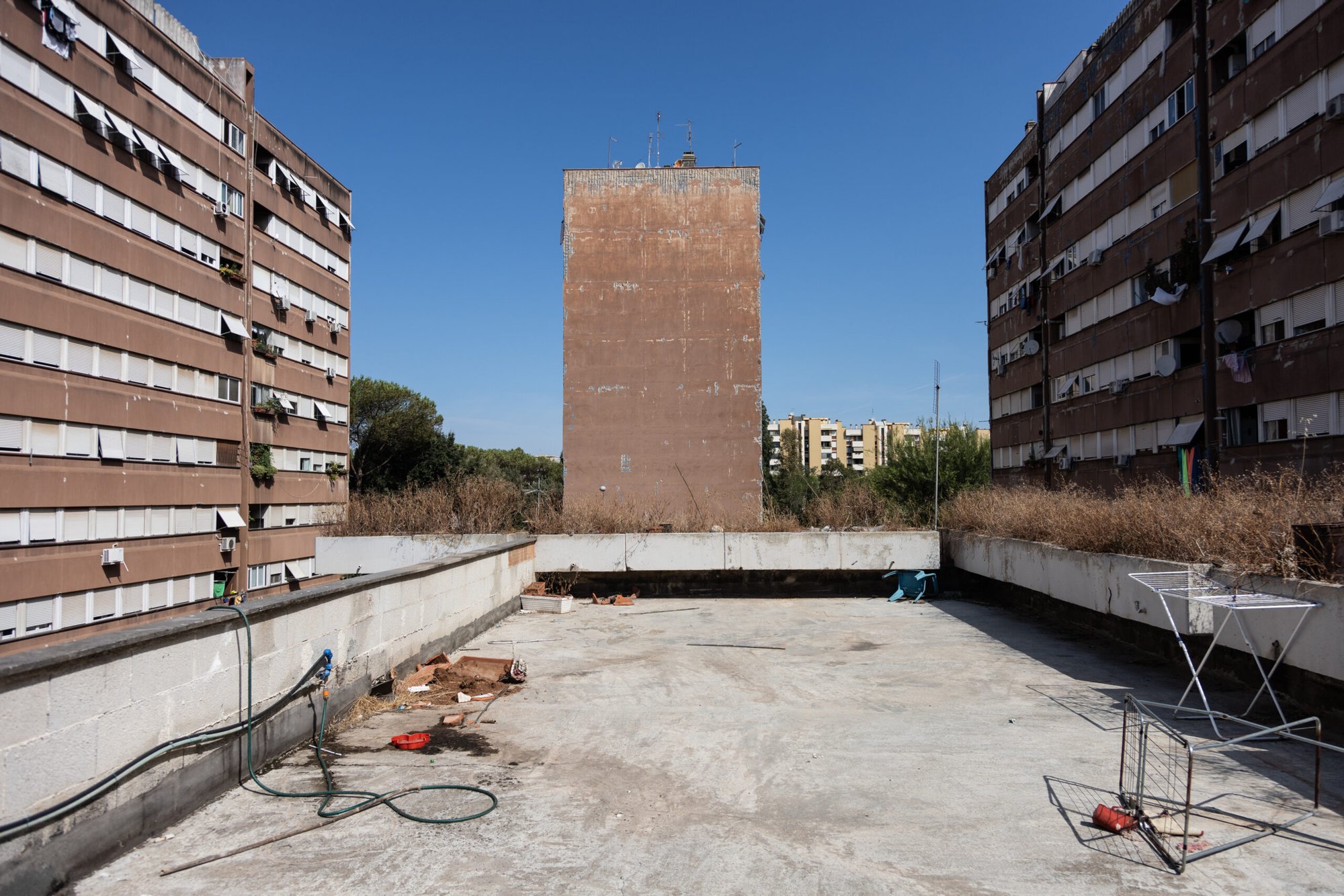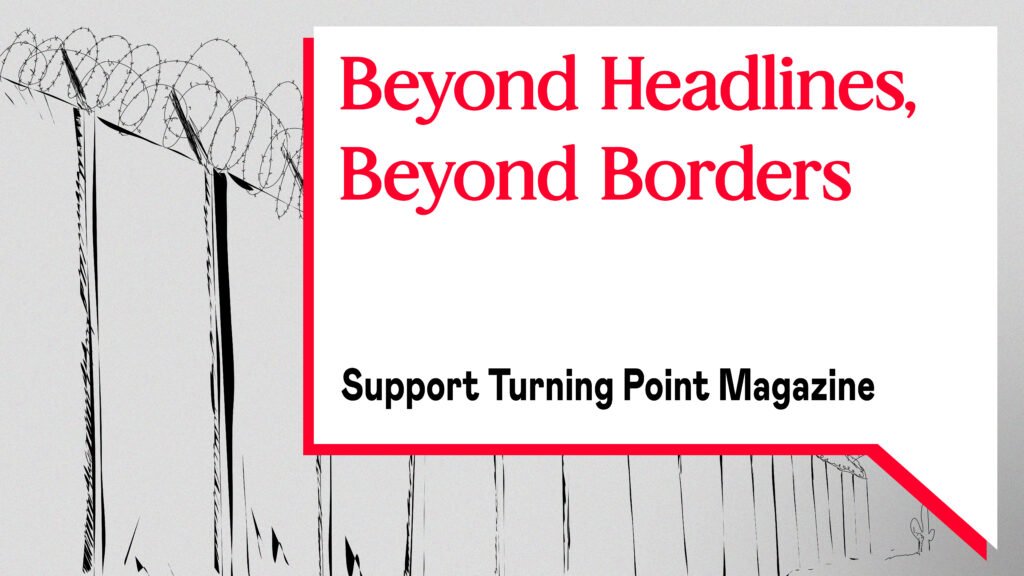Cover photo: ©Daniele Napolitano
One problem unites all of Europe: the housing crisis. From the Netherlands to Portugal, spiraling rents and sky-high property prices have fueled anger and protests across the continent. Housing has become one of the greatest challenges for many Europeans. Despite many politicians being vocal on the issue, they remain unwilling to act—Europe is embroiled in a major systemic contradiction.
In recent years, the market has seen a sharp increase, with rents rising by up to 120% and property prices by 47% in some cases. No significant measures were taken to stop this increase, with authorities bowing to speculation and market liberalism. Covid-19 and the war in Ukraine have only worsened the situation: the number of homeless has increased by up to 70%. According to Eurostat, 9.6 million full-time workers aged 25-34 still live at home with their parents; this adds up to one in five workers of that age group. Such data is quite shocking, and when analyzed in the context of inflation and stagnant salaries, it is easy to understand how difficult the situation is. People can’t afford to live in many European cities.
For the first time ever, European Commission President Ursula von der Leyen has announced the appointment of a housing commissioner to oversee the crisis. However, there is considerable skepticism about whether this will lead to meaningful change. For several years, various groups have called on the EU to step in and reverse the current national policies on housing. There is a need for a paradigm shift in housing policy: more sustainable and affordable housing, restraining short-term rental platforms, and stopping speculation are among the various proposals from over 100 cooperatives, groups, and policymakers to the EU. Speculation, over-tourism, and gentrification are among the factors fueling the crisis.
The Turning Point editorial board has decided to dedicate this August issue to housing, focusing on different cities throughout Europe to analyze and better understand the crisis. The continent is indeed quite vast, but many problems are shared from North to South. In the meantime, we have understood how profiteers have exploited the housing market, effectively excluding affordable housing from any plan while gentrifying neighborhoods around Europe.
In Athens, the renowned neighborhood of Exarchia, known as the beating heart of counter-hegemonic culture and resistance, is under a violent systemic attack. Researcher and activist Eva Betavatzi explains how the neighborhood is resisting speculation and gentrification, though at a great cost. Citizens are preventing the construction of a new metro station that would destroy part of the district. Anti-riot police are often stationed in the main square, scaring off tourists and residents alike. Locals are committed to resistance and are organizing themselves to slow down and finally stop these processes.
Last year, more than 5.6 million foreigners visited Lisbon. Portugal’s capital has become a favorite destination in Europe and a haven for digital nomads, who receive many state incentives to relocate. In Portugal, the minimum wage is among the lowest within the EU, while housing prices have reached new highs. For the vast majority of citizens, this has made housing unattainable. Journalist Sofia Craivero explains how, for several decades, the various governments ignored the alarms, and the so-called Golden Visa program has only further spiked prices, changing the fabric of the city.
Barcelona has become the first city in Europe to ban Airbnb amid a housing emergency. The city has long been affected by short-term rentals and over-tourism; in fact, up to 10,000 apartments are licensed for short-term rental. The municipality has decided not to renew any licenses, and by 2028, visitors will only be able to stay in hotels. In July, citizens started protesting and attacking foreigners on the streets, asking them to leave the city immediately. Starting from his own experience, writer Andrea Cegna will explain the renting mechanism in Barcelona and how various neighborhood committees are tackling the issue.
Sociologist and housing rights activist George Iulian Zamfir, based in Romania, will explain how extensive the crisis is in Europe. Zamfir also writes about how the crisis has reached Romania and how activists throughout the continent are actively seeking answers on how to battle it, trying to find a common perspective. The European Action Coalition for the Right to Housing and to the City (EAC) gathers 33 organizations in 18 countries. “The EAC coalition provides centralized insights into the anatomy of anti-eviction struggles and the workings of financial structures. Since 2020, the coalition has organized annual Housing Action Days. In a ten-day period at the turn of March and April, under the same banner, members and their local allies organize actions suited to their context. More than 130 actions took place in 2024, ranging from street demonstrations to knocking on doors and documentary screenings.”
With the housing issue, the Editorial board wants our readers to reflect on housing as a human right and call for a shift in the housing paradigm. We believe everyone deserves to live in dignity with a roof over their heads. At the same time, it is important to understand how this issue unites everyone in Europe and to take inspiration from the actions of housing movements throughout the continent.





